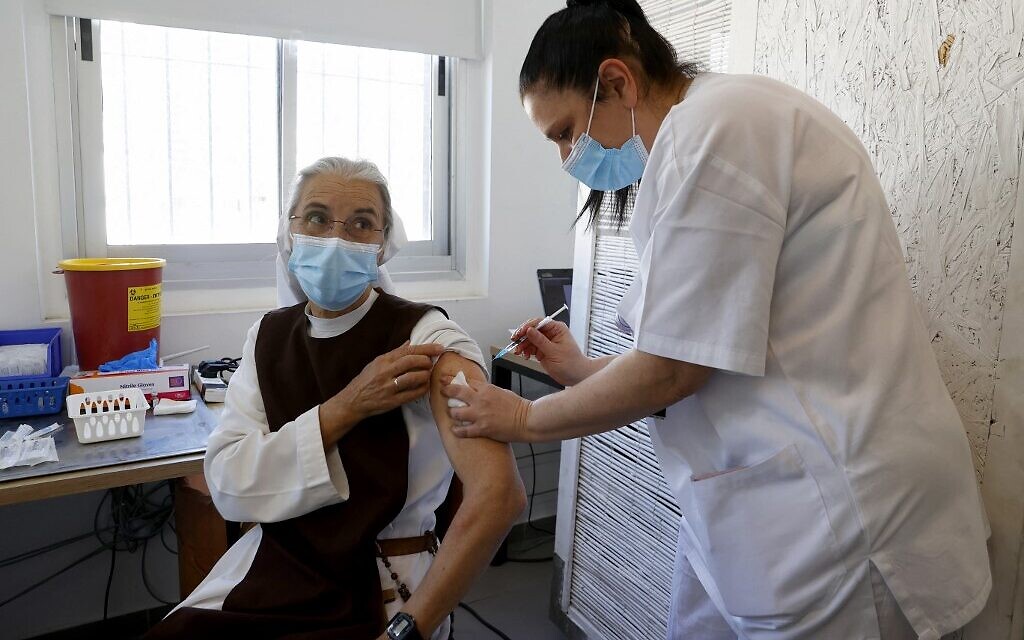you share optimisms of any sort? I’ve yet to see it. I’m just going to mute you, I really don’t care to try to sway your opinion, be negative as much as you want. People who actually know what they’re talking about are optimistic about this year and so am I
Your biases are showing.
Let’s see...optimistic things I’ve said just today:
“If we are in July and 75% of Americans have gotten vaccinated, and we are down to under 50 deaths per day, mostly occurring in traceable clusters, then I can certainly see tossing masks in the garbage by August or September.”
“I agree that numbers will likely be greatly improved by June”
“With a vaccine.... proper adoption of the vaccine, and mitigation measures for the proper amount of time... Not saying we will get Covid down to 0, but pretty darn close to it.”
“To be honest, I really think October could be maskless.”
“July seems to be a realistic benchmark for when we get to a level of 70%-ish vaccination”
“Not sure travel recommendations will change yet, but I bet they change by late Spring.”
“Some good news... looks like Moderna and Pfizer will be significantly increased production and release of vaccine doses. JNJ looks to deliver 20 million by the end of March, and 25 million+ per month from April - June. This is excellent news, call for cautious optimism”
Hmmm... that’s just today. Seems like a lot of optimism I’ve shared. But you’re hell bent on attacking any warnings of caution. You only want to hear unrealistic statements that everything will be totally normal by June.

.jpg)
